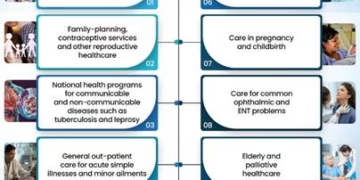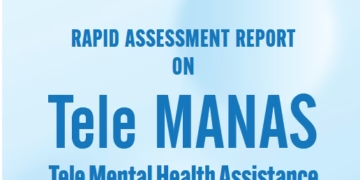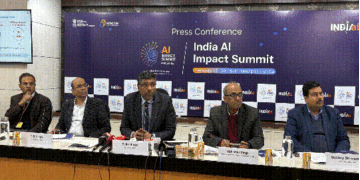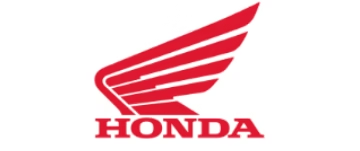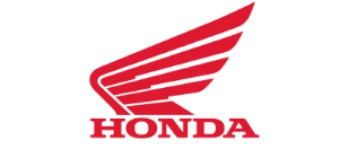Its underlying emission factors API has also now been integrated with Unified Logistics Interface Platform (ULIP), a Government of India initiative
17th December 2024, Bengaluru: The TCI-IIMB Supply Chain Sustainability Lab at the Indian Institute of Management Bangalore (IIMB), founded in collaboration with Transport Corporation of India Ltd (TCI), has become the first organization in India to achieve ISO 14083 certification for its groundbreaking digital platform, the Transportation Emissions Measurement Tool (TEMT). This certification underscores the platform’s ability to accurately quantify and report greenhouse gas (GHG) emissions from freight transportation activities, helping organizations to measure, manage, and ultimately reduce their transportation-related emissions in line with regulatory requirements and sustainability goals.
In India, the transportation sector is responsible for around 14% of the country’s total GHG emissions, with freight transportation accounting for nearly 40% of CO₂ emissions within this sector. Without intervention or cleaner technologies, transportation emissions are projected to increase by 4-fold between 2016 & 2050, potentially reaching 1.17 billion tonnes of CO₂ by 2050 and would increase the share of transport in total emissions to 19%. Accurate measurement is the critical first step toward mitigating these emissions. Organizations need robust tools to measure their emissions before they can take meaningful action to reduce them. The Transportation Emissions Measurement Tool (TEMT), with its certified emissions factors across multiple transport modes, empowers organizations to quantify and report emissions accurately, setting the stage for effective emission-reduction strategies.
ISO 14083, developed by the International Organization for Standardization (ISO), provides a global standard for quantifying GHG emissions from transport operations. Applicable to road, rail, air, maritime, and inland waterway transport, it covers fuel combustion and electricity consumption. The standard outlines calculation methods, data requirements, and reporting guidelines, offering a standardized framework for tracking emissions and enabling organizations to make informed decisions on emission-reduction strategies.
NICDC Logistics Data Services Limited (NLDSL), a subsidiary of the National Industrial Corridor Development Corporation (NICDC) under the Department for Promotion of Industry and Internal Trade (DPIIT), Ministry of Commerce and Industry, has integrated ISO 14083 emission factors API into its flagship program, the Unified Logistics Interface Platform (ULIP). This integration enables users to seamlessly calculate emissions from freight activities, promoting transparency and sustainability in logistics operations. Shri Girish Kumar Surpur, CEO and Director, NICDC Logistics Data Services Ltd, mentioned that as NLDSL continues to innovate for a sustainable future, ULIP’s Carbon Emissions API, developed in collaboration with – TCI-IIMB Supply Chain Sustainability Lab at IIM Bangalore empowers trade and logistics players to measure the environmental impact of their transportation activities. By calculating the emissions and utilising other data sources available with ULIP — companies now can develop tools necessary for informed, actionable decisions on sustainability including modal shifts. Together, we can drive meaningful change towards a lower-carbon logistics ecosystem.
The Transportation Emissions Measurement Tool (TEMT) is a comprehensive online platform designed to measure emissions across all modes of transportation. It integrates India-specific emission factors, validated through ISO 14083 certification, ensuring data accuracy and relevance. The tool allows users to calculate emissions for both past and future shipments and compare emissions between different transport modes for a given origin-destination pair. It also offers users the flexibility to build customized transportation chains, with all past entries securely stored in the cloud for easy monthly tracking and year-over-year comparison. The platform is commodity-agnostic, meaning it applies to all types of shipments, and outputs are available in PDF and CSV formats for ease of reporting and analysis.















